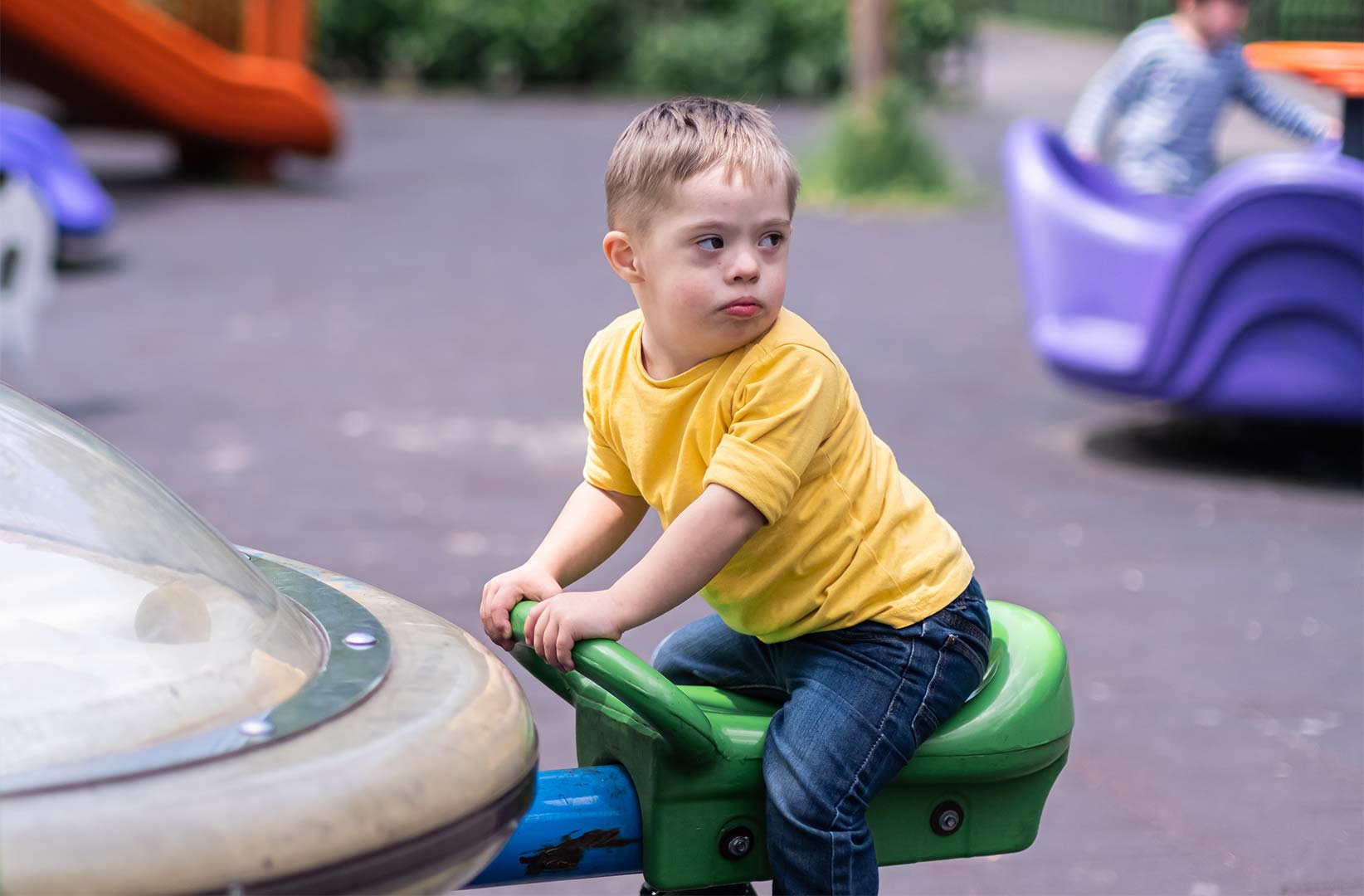Early intervention is a crucial component of special education, providing essential support and services to children with disabilities from birth to age three. This blog delves into the significance of early intervention in special education, highlighting its role in optimizing child development and long-term outcomes.
Benefits of Early Intervention
Early intervention offers a multitude of benefits for children with disabilities, including:
-
Improved developmental trajectories: Early intervention can effectively address developmental delays or disabilities, promoting overall growth and progress.
-
Enhanced communication and language skills: Speech-language pathologists play a vital role in helping children develop their communication abilities, enabling them to express themselves effectively.
-
Strengthened cognitive development: Early intervention programs foster cognitive development, improving children’s learning and problem-solving skills.
-
Promoted social and emotional development: Early intervention services support children’s social-emotional growth, enabling them to interact with others and manage their emotions effectively.
-
Increased independence: Early intervention can help children develop self-care skills, promoting independence in daily activities.
Impact on Long-Term Outcomes
Early intervention has a profound impact on long-term outcomes for children with disabilities. Studies have shown that children who receive early intervention are more likely to:
-
Succeed in school: Early intervention can help children reach their full potential in education, preparing them for future success.
-
Achieve independence: Early intervention services can empower children to develop the skills necessary to live independently as adults.
-
Experience fewer behavioral problems: Early intervention can help prevent or reduce behavioral challenges, promoting positive social interactions.
-
Develop strong social skills: Early intervention programs foster social development, enabling children to build meaningful relationships.
The Role of Educators and Families
Educators and families play a critical role in ensuring the success of early intervention programs.
-
Educators: Special education professionals provide individualized instruction and support, tailoring interventions to each child’s unique needs.
-
Families: Families are actively involved in the early intervention process, collaborating with educators to create a supportive and stimulating home environment.
Early intervention is an invaluable investment in the future of children with disabilities. By providing timely and targeted support, early intervention can significantly improve child development, enhance long-term outcomes, and contribute to a brighter future for all.
Find out if your child needs extra support today!
- My child screams hysterically
- My child is mean to other children
- My child is always worried
- My child is scared to go to school
- My child is scared of loud noises
- My child doesn’t know how to read
- My child is scared to play outside
- My child does not respond to his name
- My child always gets in trouble
- My child fights with other children
- My child doesn’t know how to count
If you are concerned about your child’s development, contact us for Assessments: Phone/Telegram: 077.455.993 – Telegram Link: https://t.me/OrbRom
If you are concerned about your child’s development, contact us for Assessments.
Phone/Telegram: 077.455.993 Link: https://t.me/OrbRom






Leave A Comment